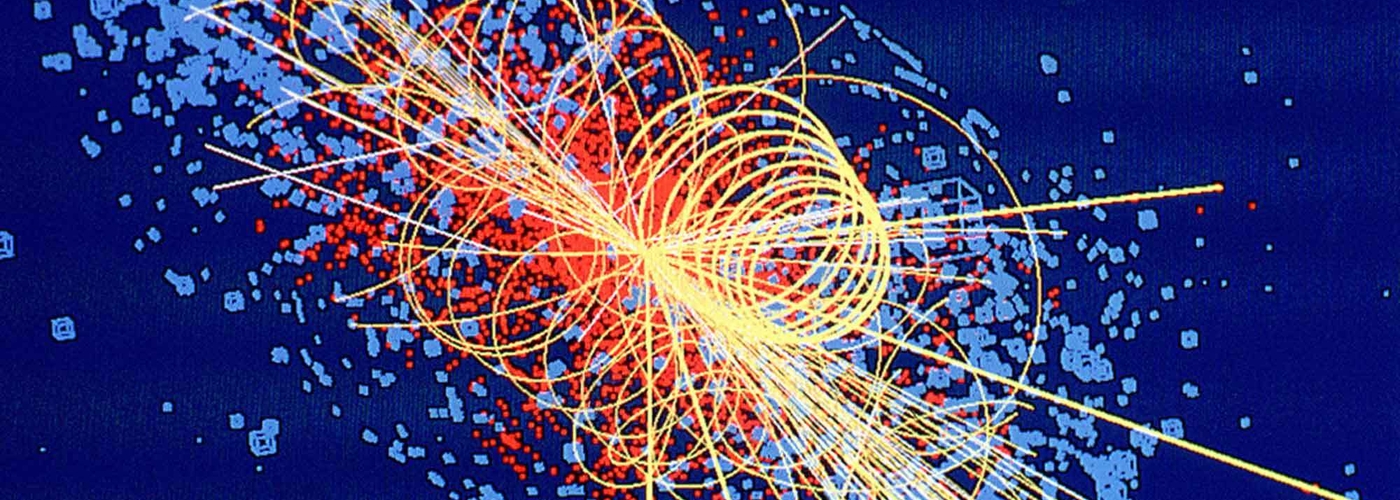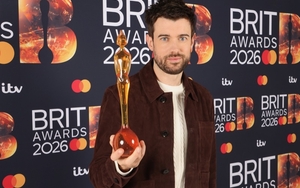When two worlds collide...
TOO often, the worlds of art and science are presented as separate realms - with an ocean of mutual incomprehension between them. It’s a view that has long been compounded by the subjects’ treatment in schools, but it’s a divide that FACT and CERN, based in Liverpool and Geneva respectively, hope to break down.
FACT, as we know, is the Foundation for Art and Creative Technology, which commissions and presents new media and digital art at its Wood Street base.
CERN is the European Organisation for Nuclear Research, and is perhaps best known as being the birthplace of the World Wide Web and the creator of the Large Hadron Collider.
Together, the two organisations are calling for artists to apply for the COLLIDE International Award, with the promise of residencies at both CERN and FACT, access to leading scientists and curators, and a prize of 15,000 Swiss francs (around £12,000) to spend on, perhaps, watercolours and chemistry sets.
In a statement, the organisations say the aim is to “promote dialogue between artists and CERN scientists”.
It’s the second year that FACT and CERN have collaborated in this way. The 2016 award attracted 900 applicants from 71 countries and was won by Yunchul Kim from South Korea. This time round, the successful artist will be expected to develop a project proposal which will then be considered for production (with a budget of up to £50,000) and inclusion in a 2018 touring exhibition.
According to Monica Bello, head of arts at CERN: “COLLIDE International is a ground-breaking award which influences an international and flourishing scene of art and science. The partnership with FACT provides excellent opportunities to further explore conversations and dialogue between artists and scientists at CERN.”
FACT’s director, Mike Stubbs, adds: “Last year's amazing response to this collaboration from science and art communities and the general public alike shows the importance to keep encouraging curiosity, which is always at the heart of what we do."
If Liverpool Confidential was to apply for the award, we would suggest making a nice painting called Still Life With Higgs Boson, which is perhaps one reason why we aren’t expecting to win. But if you’re an artist who knows your spectrograph from your Spirograph, submissions can be made until 10 March at arts.web.cern.ch/collide-international-award-0.
Damon Fairclough












